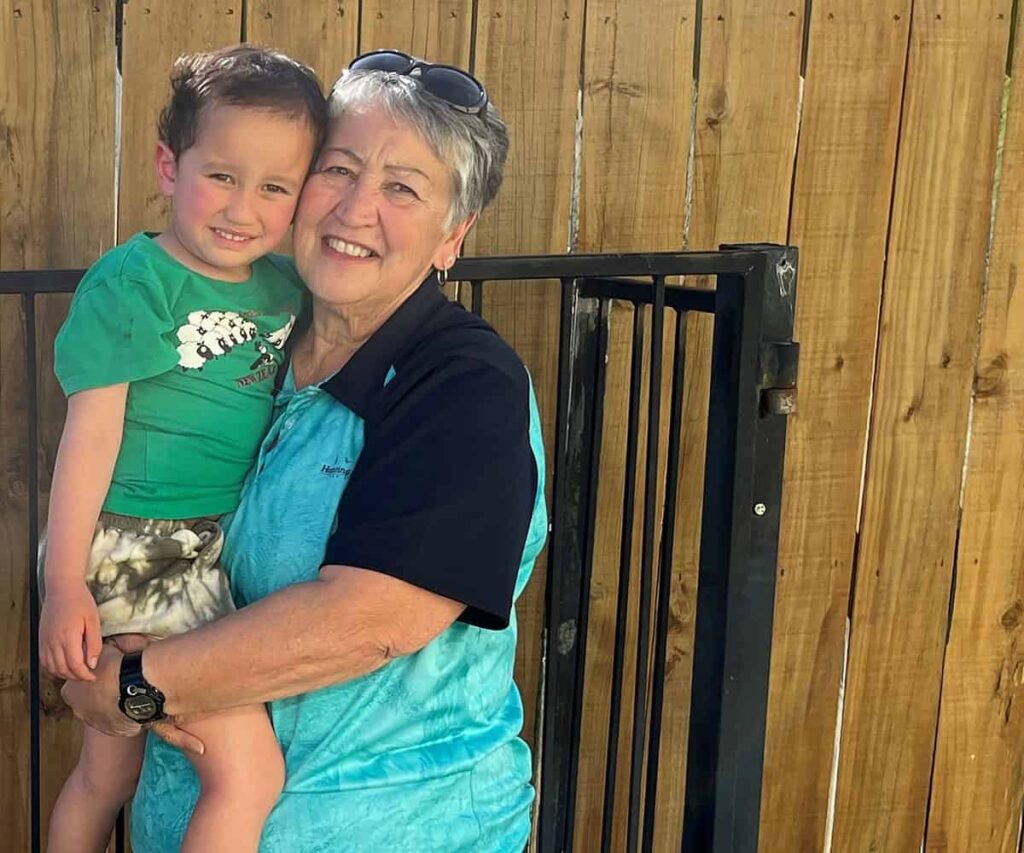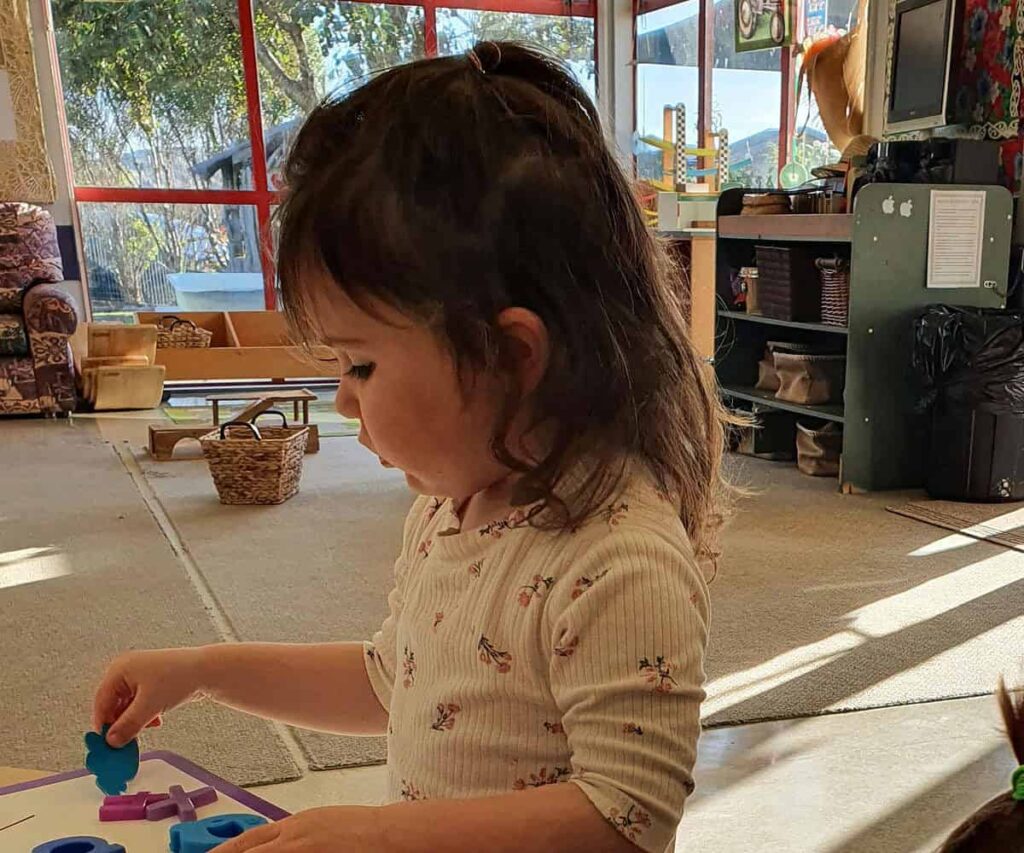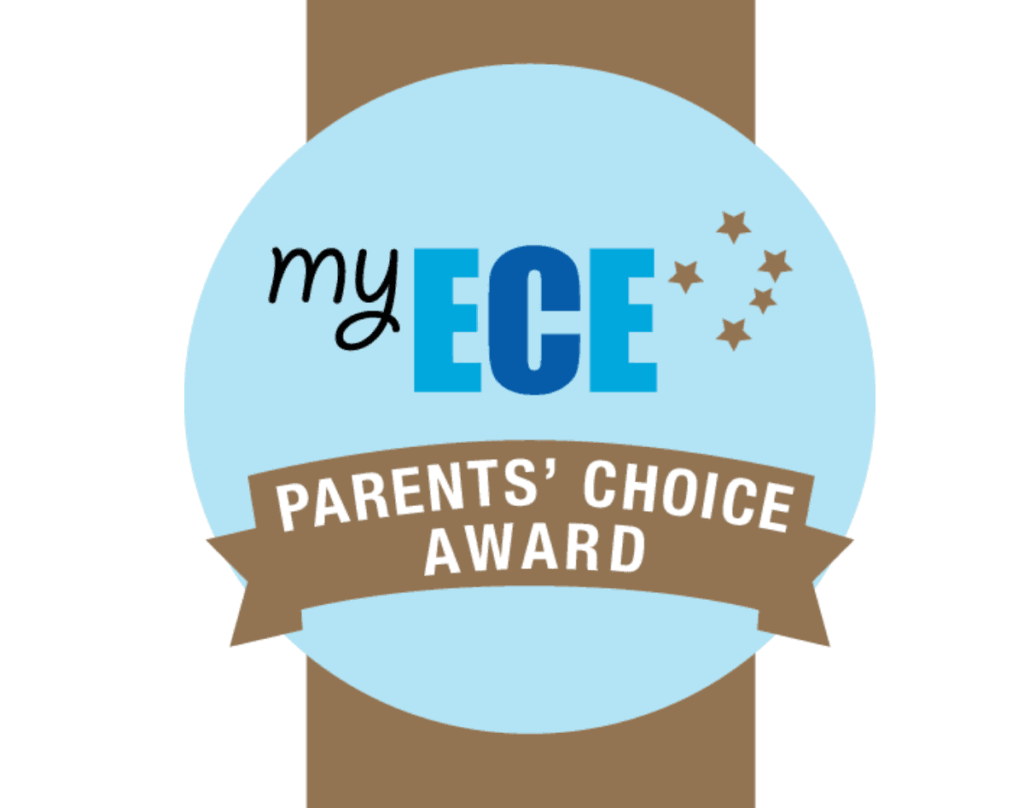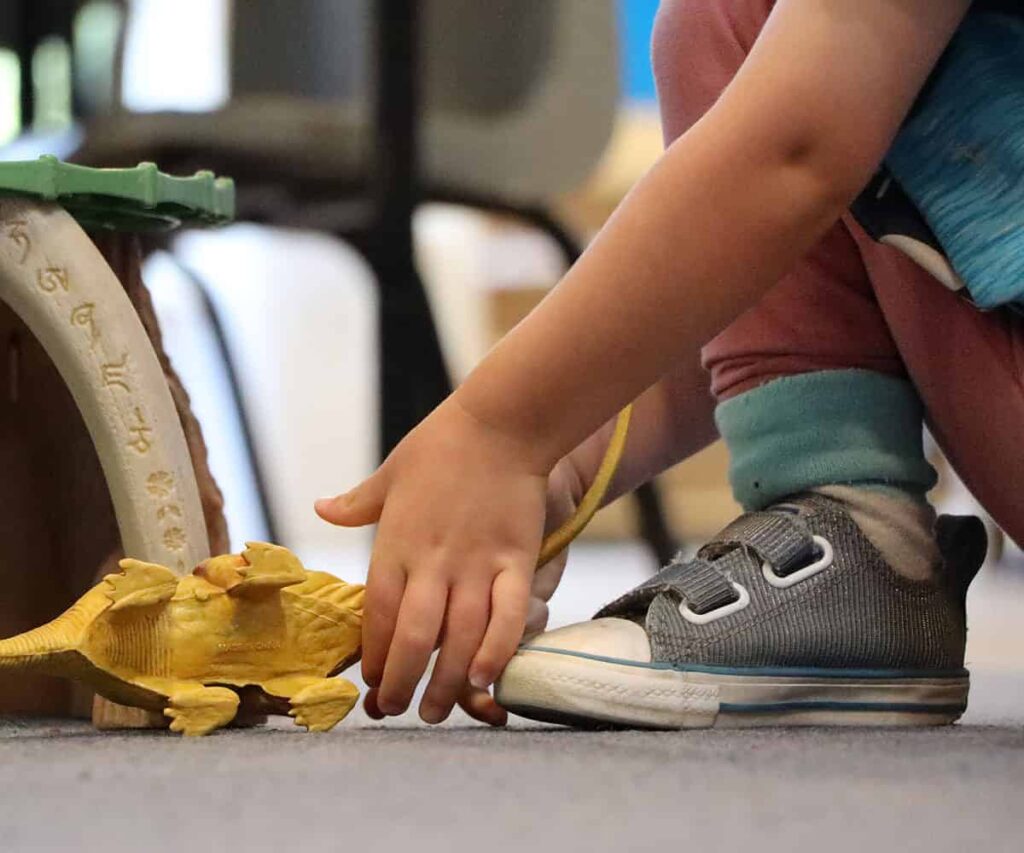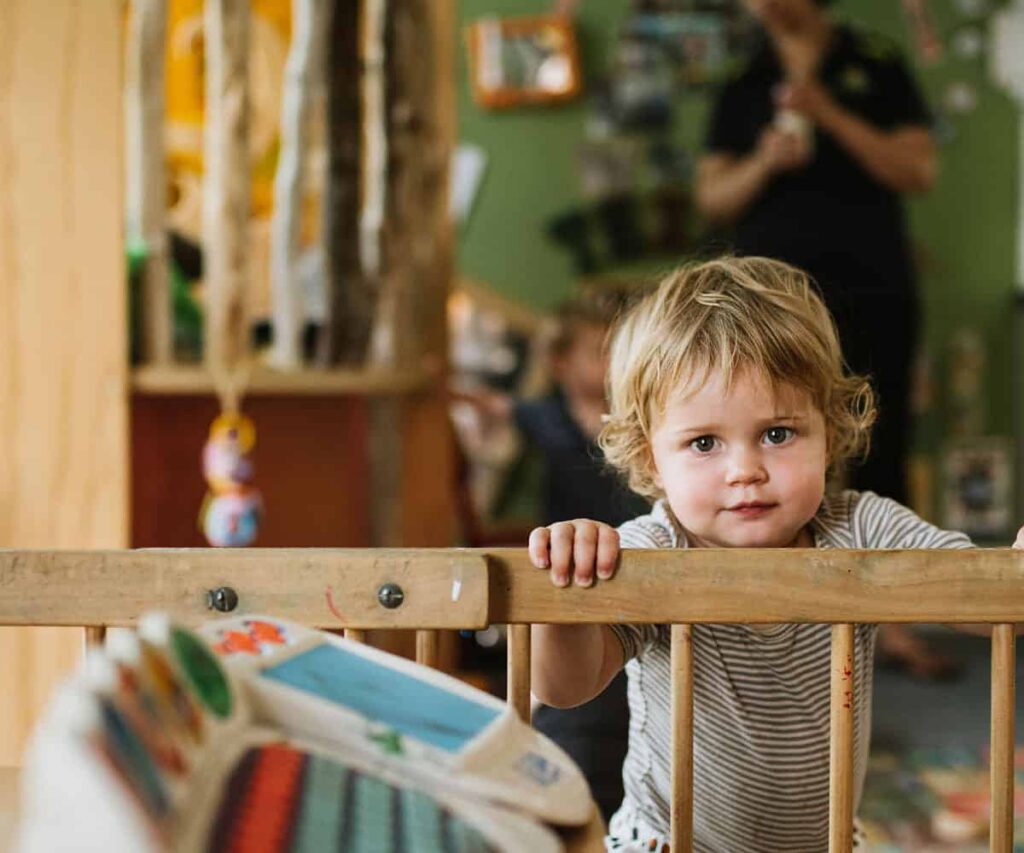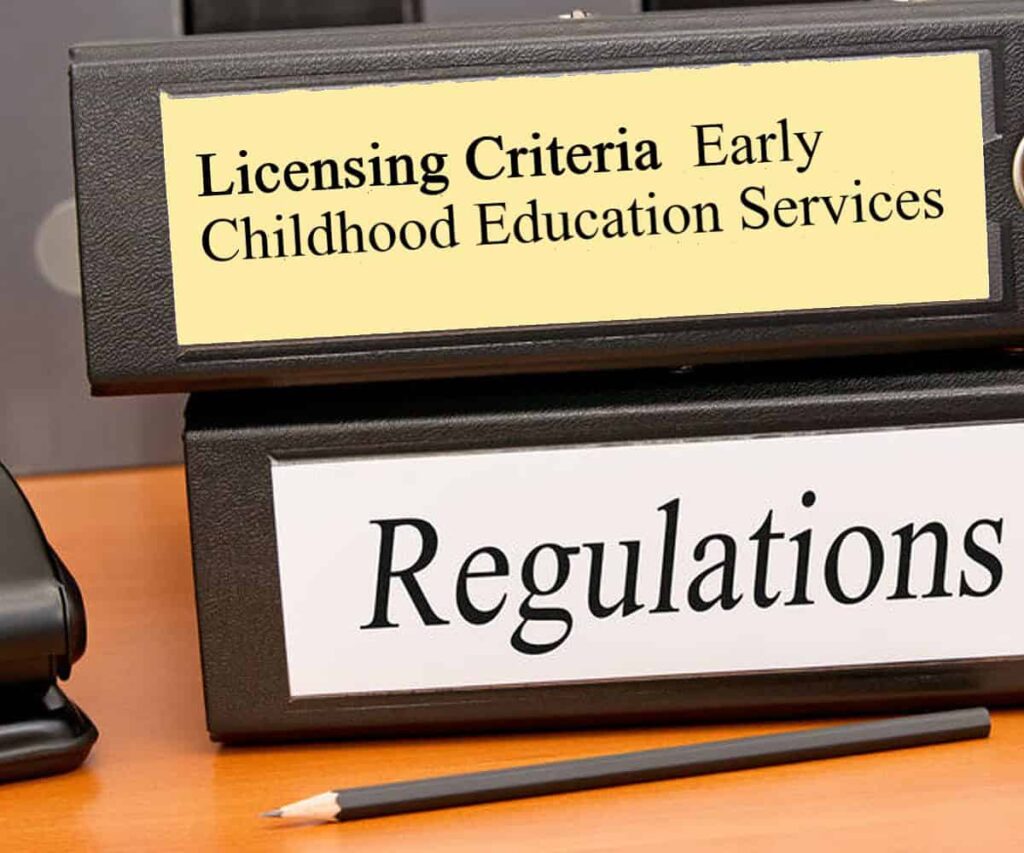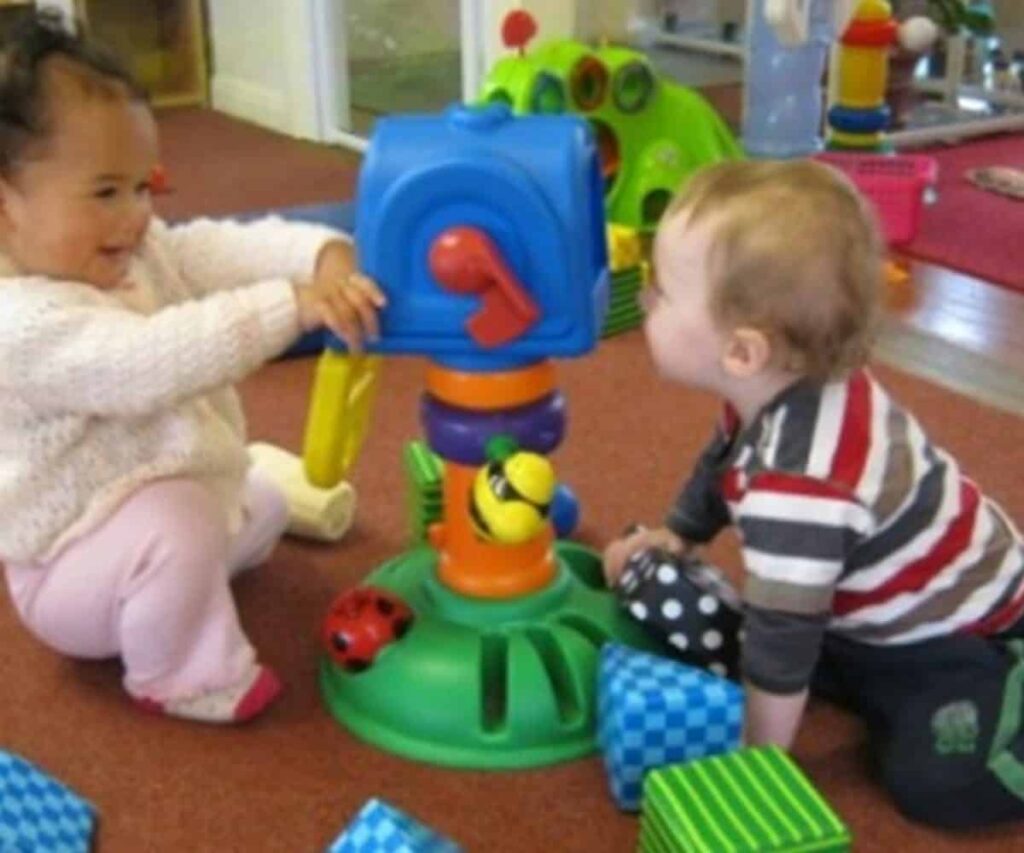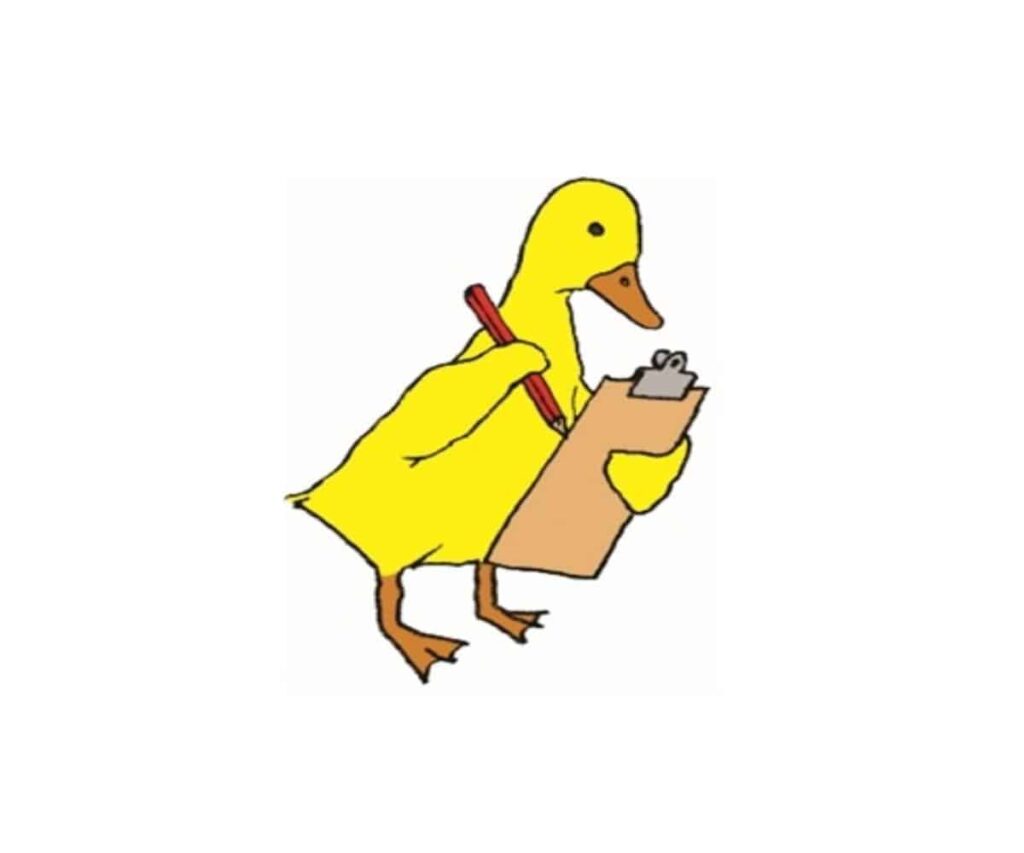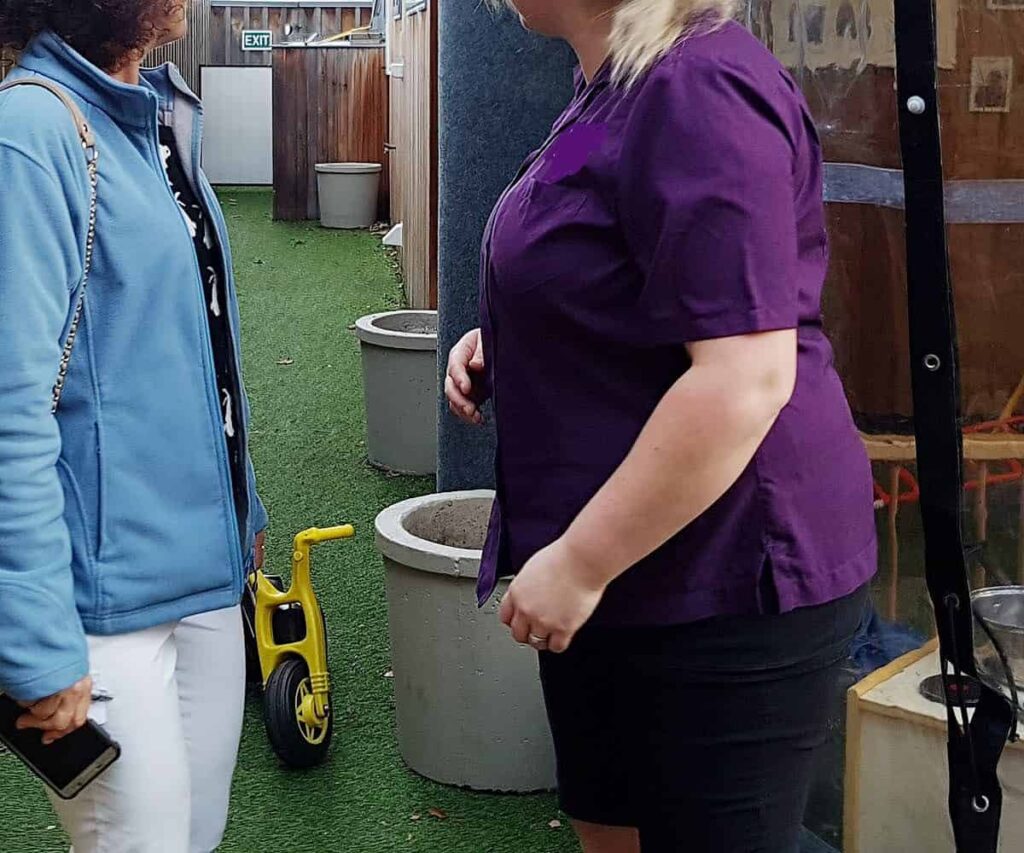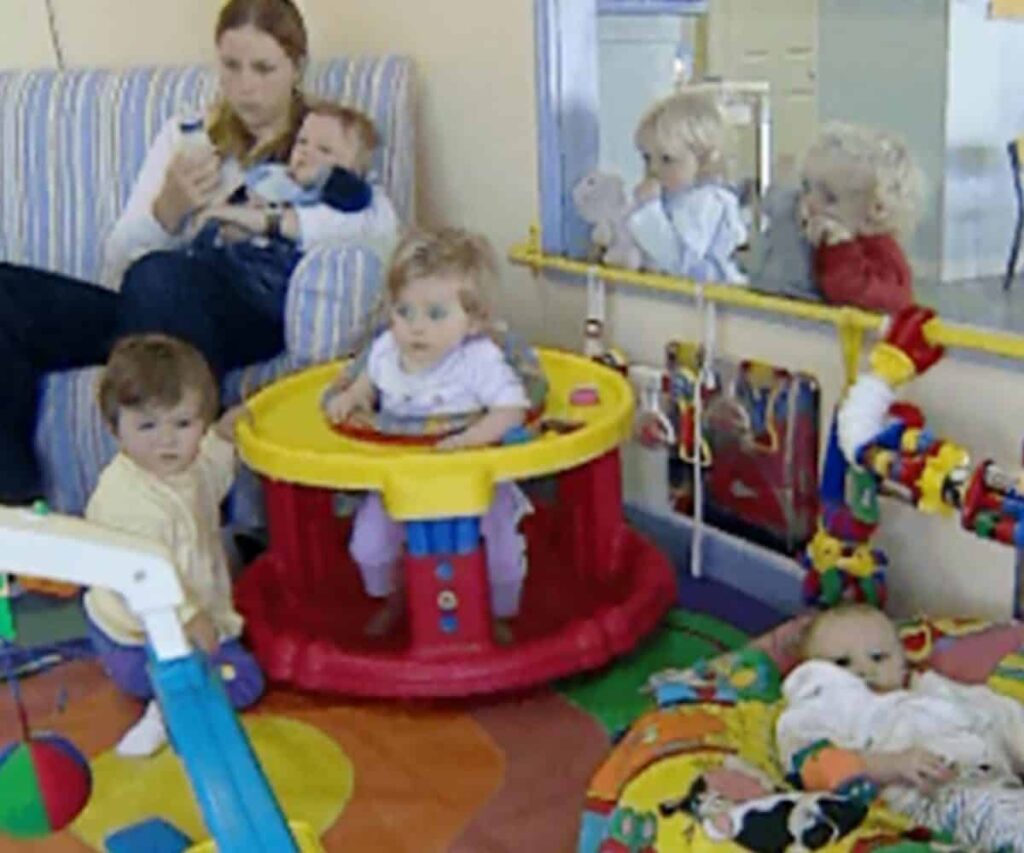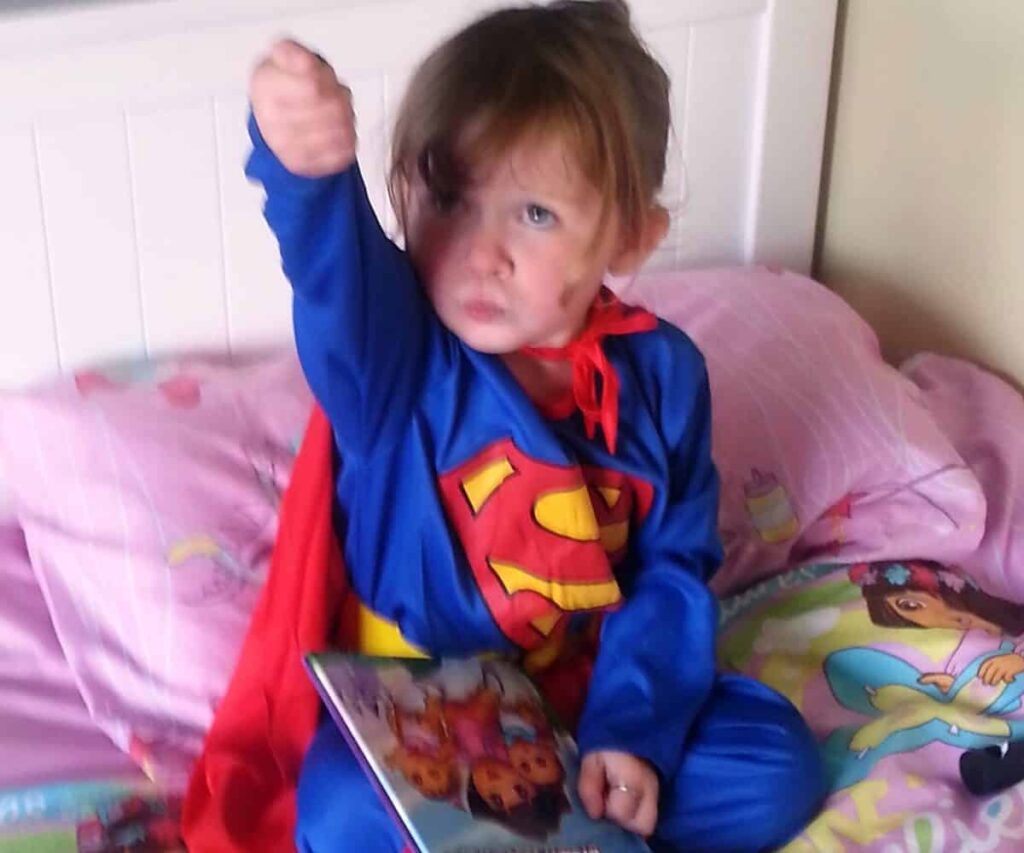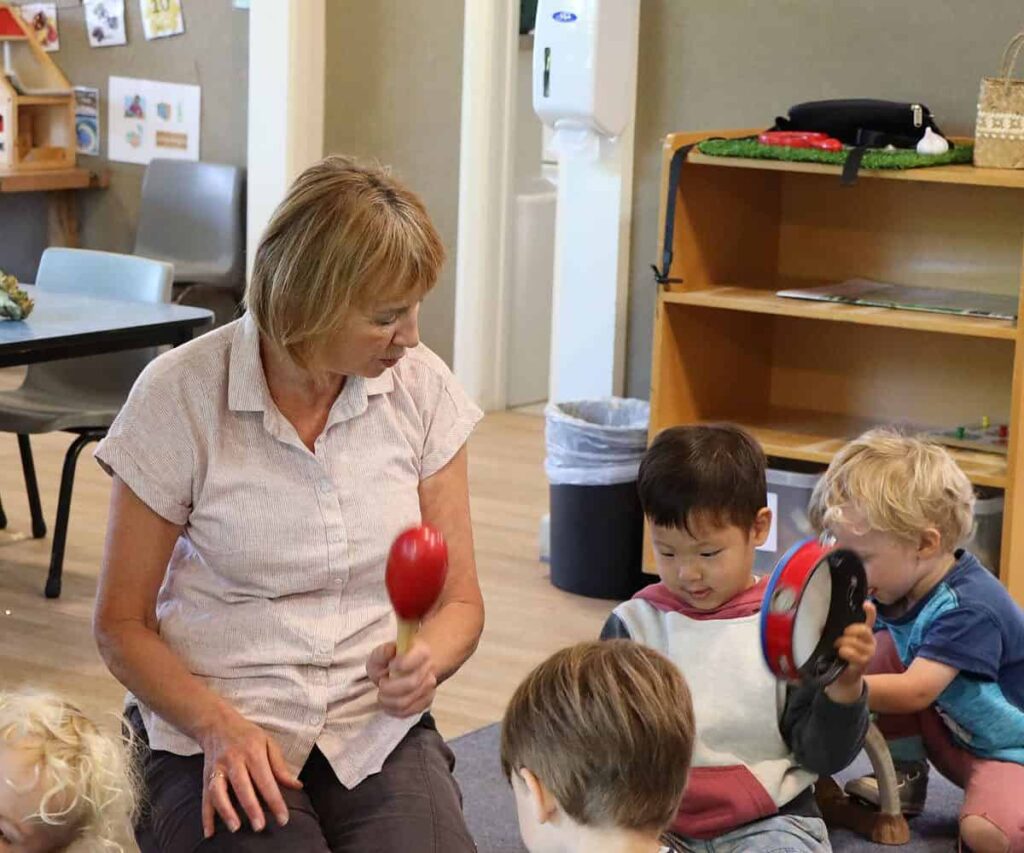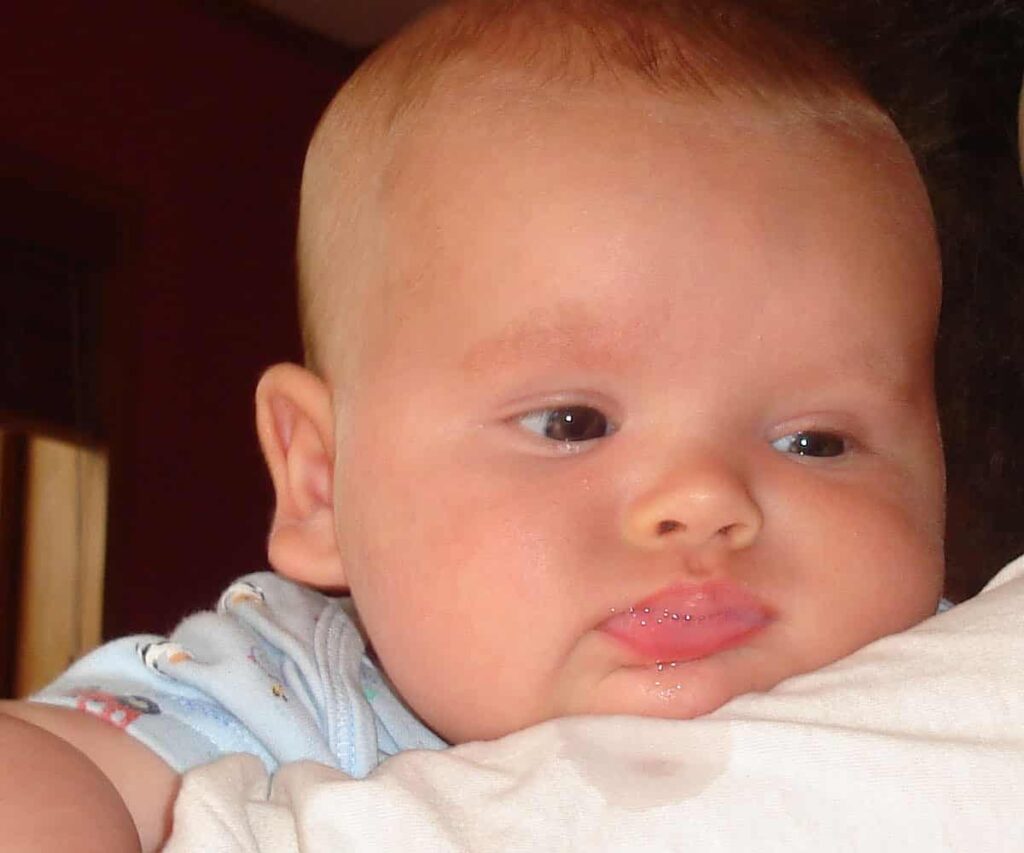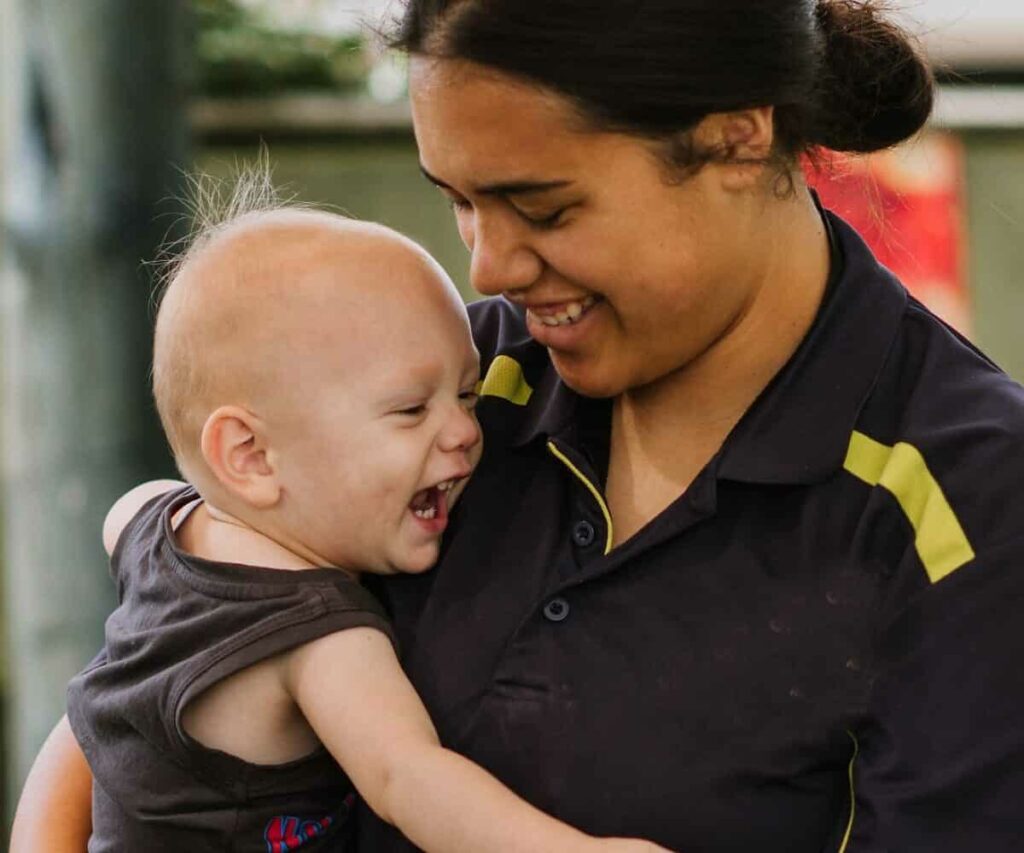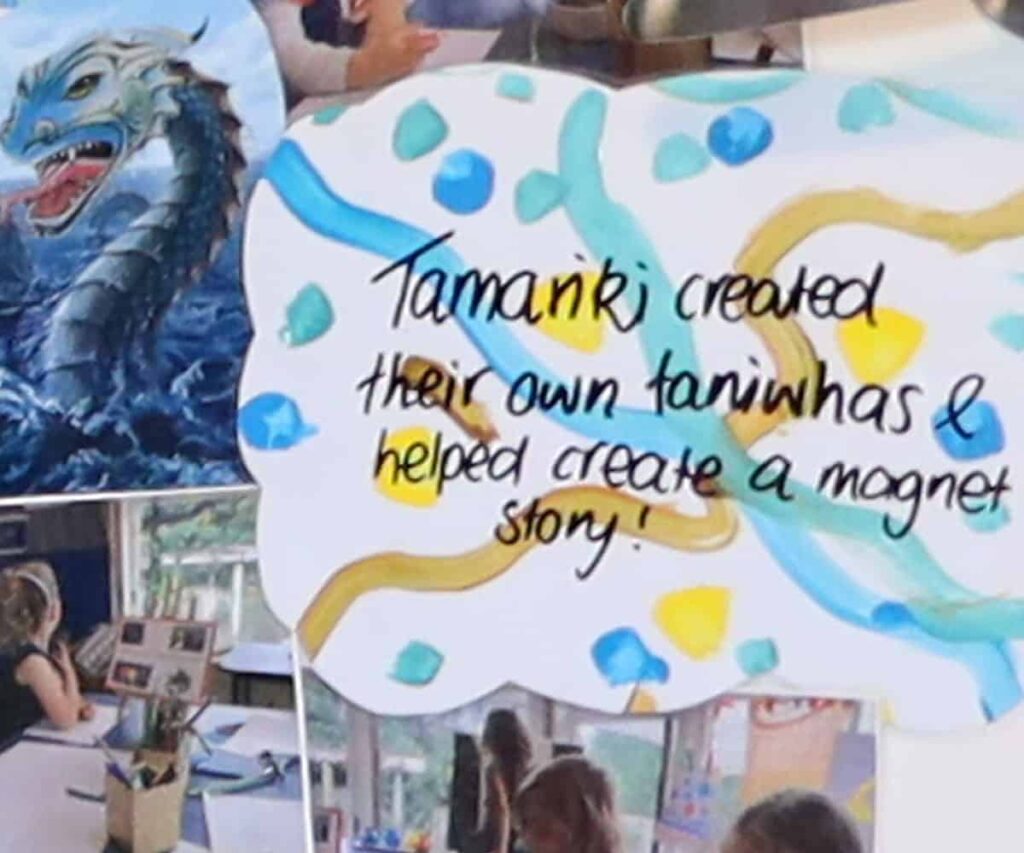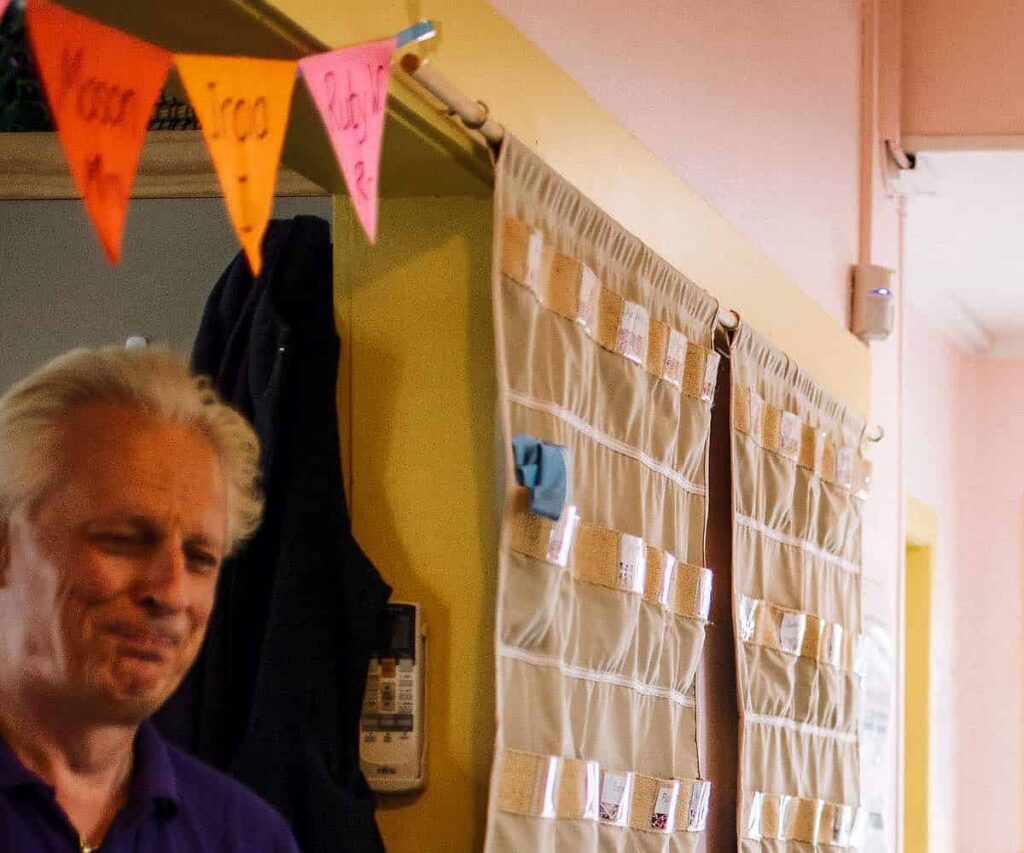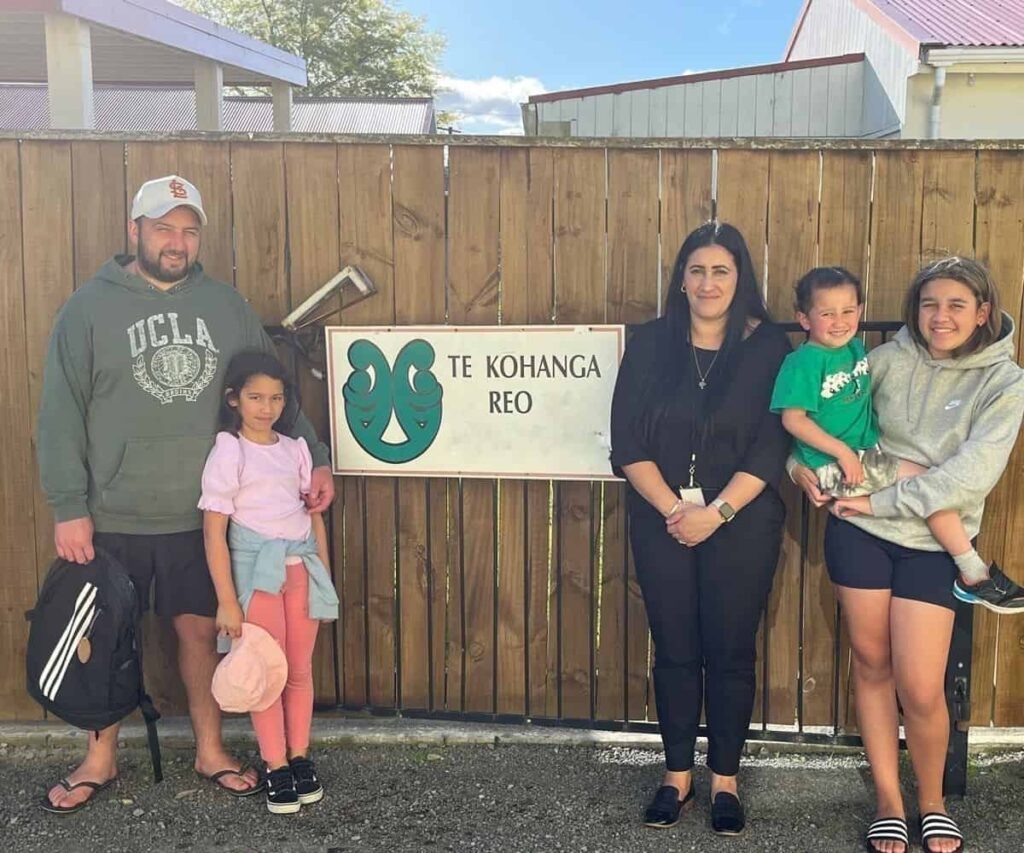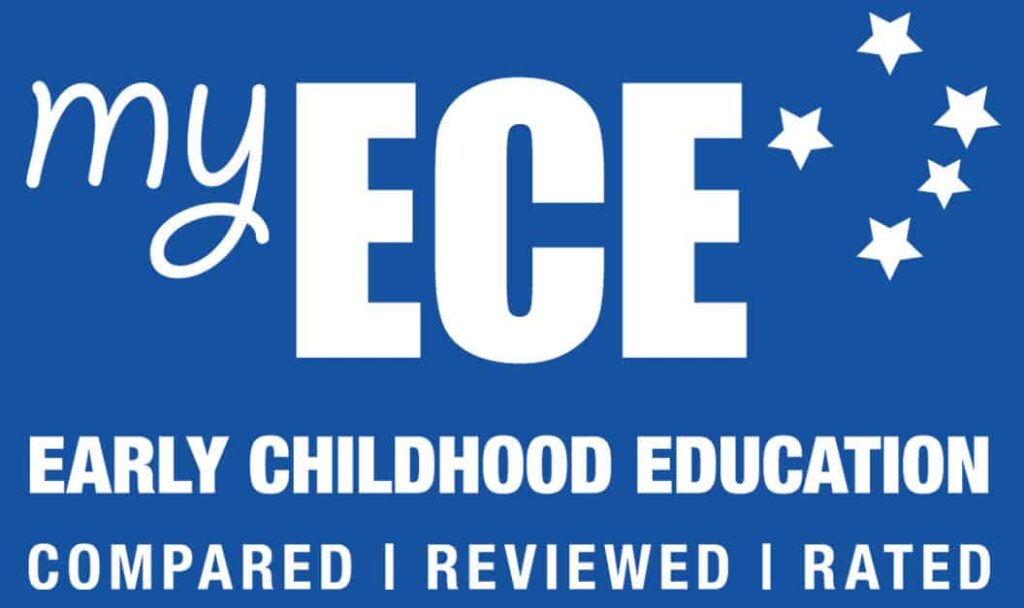Te Kōhanga Reo curriculum requirements include that the curriculum must:
- Acknowledge and reflect the unique place of Māori as mana whenua.
- Be consistent with the prescribed curriculum framework that applies to kōhanga reo.
- Respect and support the right of mokopuna to be confident in their own culture and respect other cultures.
- Be informed by planning, implementation, and evaluation that demonstrates an understanding of mokopuna learning, their interests, whānau, and life contexts (documented and undocumented).
Support and enhancement of mokopuna learning and development
The curriculum must demonstrate that whanau have an understanding of mokopuna learning and development, knowledge of tikanga and good practice in kōhanga reo, and how to provide meaningful, positive interactions to enhance mokopuna learning and nurture reciprocal relationships.
Specifically:
- Being inclusive and responsive to mokopuna and whanau.
- Empowering whanau participation in mokopuna learning.
- Ensuring an environment rich in te reo and tikanga Maori.
- Providing a range of indoor and outdoor experiences and opportunities in te reo to enhance and extend the whole development of mokopuna.
- Helping mokopuna develop social competence and understanding of appropriate behaviour.
Parent, family, and whānau involvement
Showing respect and acknowledgment of the aspirations held by whānau is part of the curriculum requirements.
Regular opportunities (formal and informal) must be provided for whānau to:
- Communicate about mokopuna with those who are providing the care and education.
- Share information about mokopuna learning.
- Be involved in decision making concerning mokopuna learning.
Documentation required to meet curriculum requirements
Documentation may take a variety of forms to suit the service’s operation (such as portfolios, wall displays, policies and procedures) but must include:
- A process for providing positive guidance to encourage social competence in children
- A process for providing formal and informal opportunities for parents to communicate with adults providing education and care about their child, share specific evidence of the child’s learning; and be involved in decision-making concerning their child’s learning.
- A record of information and guidance sought from agencies and/or services. Should the service provider of the Kōhanga Reo not be the Te Kōhanga Reo National Trust, then the Kōhanga Reo must seek information and guidance on working effectively with mokopuna and their whānau from Te Kōhanga Reo National Trust.
Failing to meet minimum standards
The Ministry of Education needs to know:
- If you are concerned children’s needs are not being met.
- If you are concerned a service is not meeting a minimum legal requirement.
READ MORE: How to make a complaint and your options.
CAUTION: This page and the information here is provided as part of the My ECE Guide to Regulations and Licensing Criteria for Early Childhood Education Services (The Guide). The Guide does not purport to be a full and accurate interpretation of all statutory provisions relating to early childhood education services. While best efforts have been used in preparing this guide, no representations or warranties of any kind are made and My ECE assumes no liabilities of any kind with respect to the accuracy or completeness of the content. Please note that the Government and Ministry of Education may change, update, or alter any of the requirements at any time. Please help to keep the information on this page up to date by letting us know of changes that need to be made.
Thank you! Kia pai te rā
Reference:
Curriculum Requirements for Te Kōhanga Reo. Published in the My ECE Guide to Regulations and Licensing Criteria for Early Childhood Education Services, prepared by Dr Sarah Alexander and Warwick Marshall.
Last reviewed: 20 November 2022
